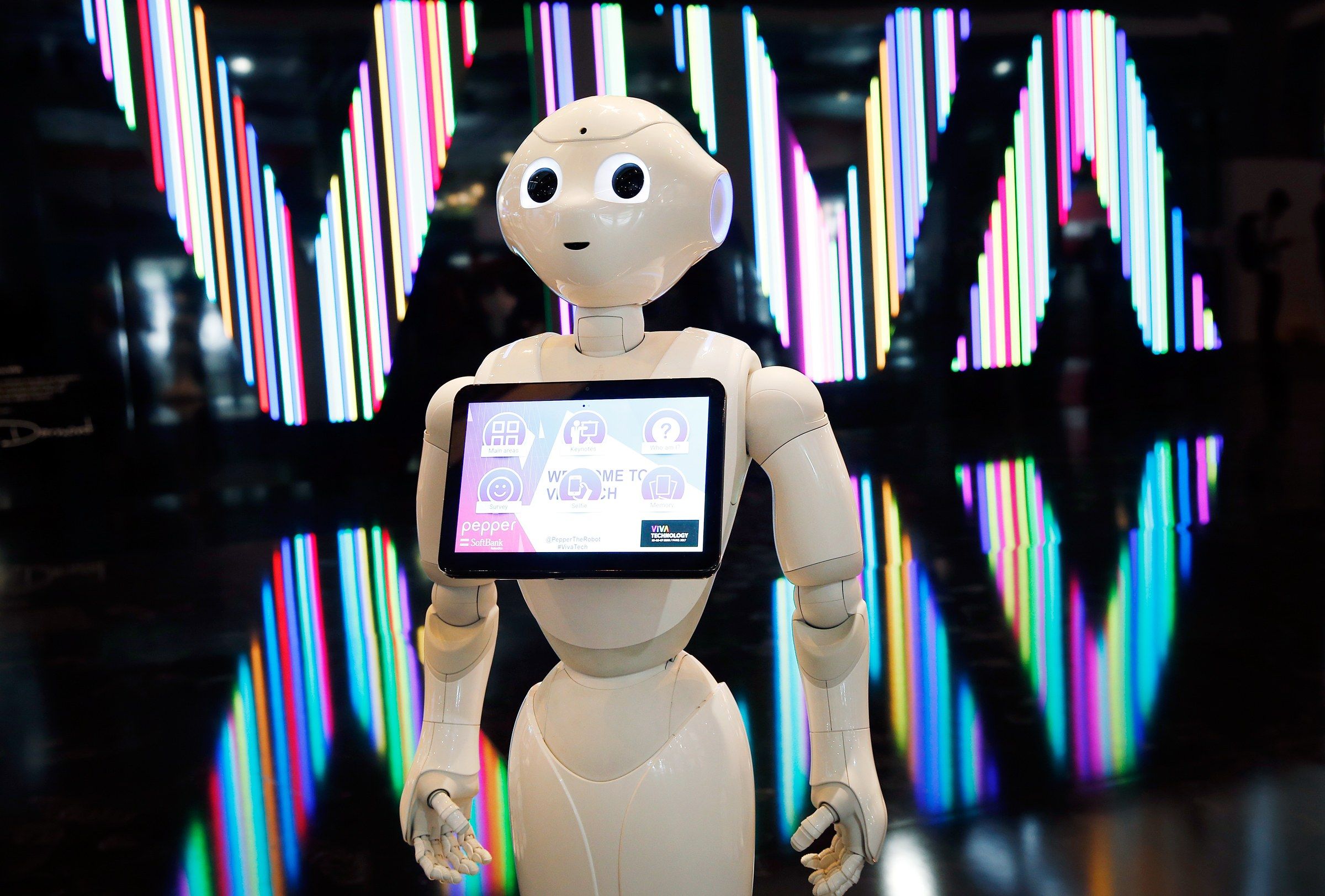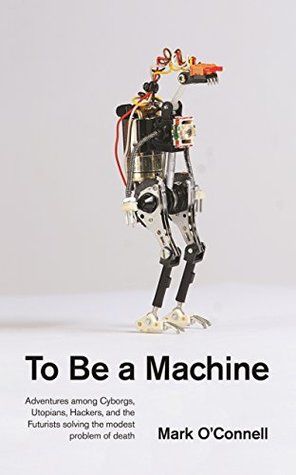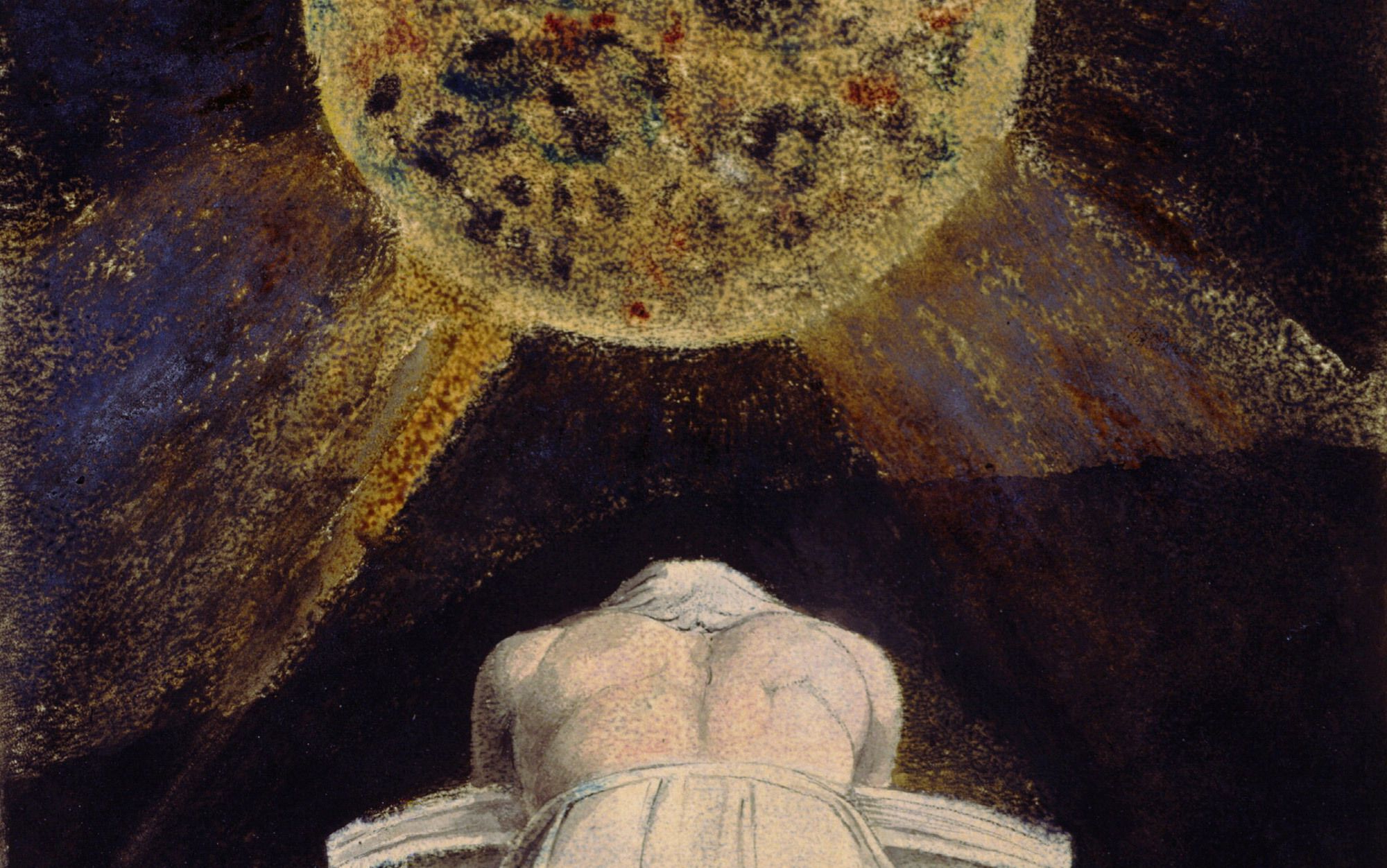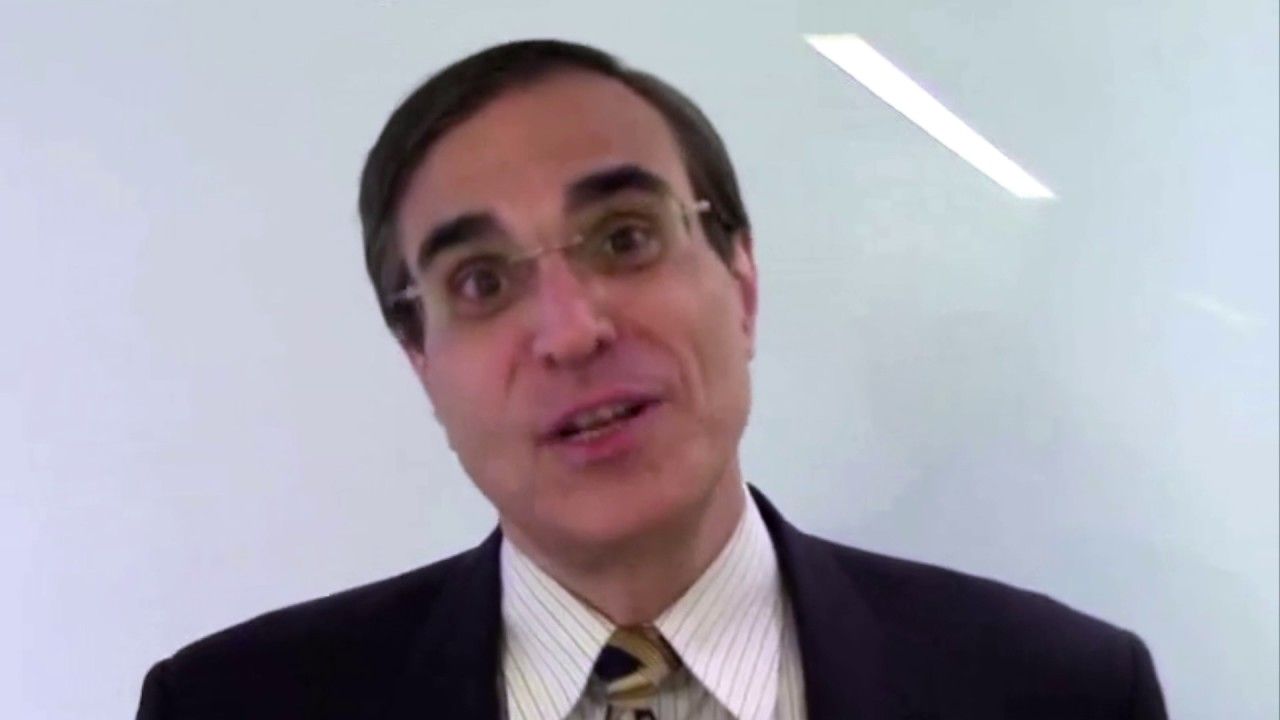This $100 billion fund aims to help us reach the singularity.




Scientists, technologists, engineers, and visionaries are building the future. Amazing things are in the pipeline. It’s a big deal. But you already knew all that. Such speculation is common. What’s less common? Scale.
How big is big?
“Silicon Valley, Silicon Alley, Silicon Dock, all of the Silicons around the world, they are dreaming the dream. They are innovating,” Catherine Wood said at Singularity University’s Exponential Finance in New York. “We are sizing the opportunity. That’s what we do.”

New story about the recent book on #transhumanism To Be a Machine:
 For the (very very quickly) upcoming Love & Death Issue, I had the chance to interview the journalist, Mark O’Connell, who is the author most recently of To Be A Machine: Adventures Among Cyborgs, Utopians, Hackers, and the Futurists Solving the Modest Problem of Death. He also wrote that amazing piece in the New York Times Magazine a few months ago about Zoltan Istvan, the transhumanist who ran for president and drove across the country in a coffin-shaped bus. O’Connell’s new book reads like a travelogue among characters like Zoltan, futuristic types (mostly from California) that O’Connell describes with a charming blend of cynicism and aloof interest. Like an agnostic amidst a group of “true believers,” O’Connell is both repelled by and drawn in by the belief system that transhumanism proffers.
For the (very very quickly) upcoming Love & Death Issue, I had the chance to interview the journalist, Mark O’Connell, who is the author most recently of To Be A Machine: Adventures Among Cyborgs, Utopians, Hackers, and the Futurists Solving the Modest Problem of Death. He also wrote that amazing piece in the New York Times Magazine a few months ago about Zoltan Istvan, the transhumanist who ran for president and drove across the country in a coffin-shaped bus. O’Connell’s new book reads like a travelogue among characters like Zoltan, futuristic types (mostly from California) that O’Connell describes with a charming blend of cynicism and aloof interest. Like an agnostic amidst a group of “true believers,” O’Connell is both repelled by and drawn in by the belief system that transhumanism proffers.
If you’re unfamiliar, transhumanism is the movement that asserts an immortal future thanks to technology and science. As O’Connell describes it, it is the technological teleology of salvation: “a projection whereby intelligent life takes over all matter in the universe, leading to a cosmological singularity.” In other words, the computers we’ve built, the science we’re discovering, will free us from our mortal coil, our bodies. We will live eternally in new bodies, machines unconstrained by sickness, vulnerability and death.
You can see how O’Connell hears the religious bells ringing. But he also, throughout the book, describes this paradox: that this futurism is just a new iteration of a very old idea. Despite all the science fiction lingo used to describe this singularity (“longevity escape velocity,” “whole brain emulation,” “cyborgs”), what we really have is the apex of Enlightenment thought, and before that, Gnostic thought. It is the idea that we are liberated by our minds, that certain refinements of knowledge will set us free.
Beneath the talk of future technologies, I could hear the murmur of ancient ideas. We were talking about the transmigration of souls, eternal return, reincarnation. Nothing is ever new. Nothing ever truly dies, but is reborn in a new form, a new language, a new substrate.

Very interesting new feature in Aeon on AI that also discusses my short fiction The Jesus Singularity: https://aeon.co/essays/why-is-the-language-of-transhumanists-and-religion-so-similar #transhumanism
The most avid believers in artificial intelligence are aggressively secular – yet their language is eerily religious. Why?

Interview with Dr. Jose Luis Cordeiro at the International Longevity and Cryopreservation Summit in Madrid.
During the recent International Longevity and Cryopreservation Summit in Madrid, LEAF Board member Elena Milova had the opportunity to speak with Dr. Jose Luis Cordeiro new fellow of the World Academy of Art and Science (WAAS) and long-term proponent of innovation technologies in many fields. Jose shared his vision on how public perception of rejuvenation technologies is changing over time and what are the main outcomes of the groundbreaking show he and his team managed to organize.
Dr. Cordeiro got his B.Sc. and M.Sc. degrees in Mechanical Engineering at the Massachusetts Institute of Technology (MIT) in Cambridge, USA, with a minor in Economics and Languages. He is President Emeritus of the Future World Society (Venezuela) and since its foundation about two decades ago Jose managed to become an influential futurist. He is a founding faculty at NASA created Singularity University in Silicon Valley. The goal of the research centre is to tackle global problems such as health, nutrition, poverty and education using the medium of technology. He is also on the board of directors for the Lifeboat Foundation. Jose is part of Fundacion VidaPlus, promoting rejuvenation technologies as well as cryonics, as he believes that people who are too old to make use of the emerging biotechnologies should be granted a plan B in form of cryopreservation. Apart from traveling all over the world to promote innovative ideas in his inspiring talks, Jose has written more than 10 books and co-written over 20 more in five languages, including sections of the State of the Future by the Millennium Project. His extensive associations and achievements are far too numerous to list in this short article, and we invite you to read more about Jose here and also watch his awesome TEDx talk here.
[youtube_sc url=“https://youtu.be/kHFVZV-lj8g”]
What is the ultimate goal of Artificial General Intelligence?
In this video series, the Galactic Public Archives takes bite-sized looks at a variety of terms, technologies, and ideas that are likely to be prominent in the future. Terms are regularly changing and being redefined with the passing of time. With constant breakthroughs and the development of new technology and other resources, we seek to define what these things are and how they will impact our future.
[youtube_sc url=“https://youtu.be/eaS9QBdVHMs”]
This film was compiled from audio of a discussion futurist FM-2030 held at the University of California on February 6th, 1994. In this discussion 2030 laid out an overview of his ‘transhuman’ philosophy and held a back and forth with other people present in the discussion. Discussion and debate included items such as the value of researching ‘indefinite lifespan’ technologies directly as opposed to (or in addition to) more traditional approaches, such as researching cures for specific diseases.
The excerpts in this archive file present a sort of thesis of FM 2030’s transhuman ideas.
About FM 2030: FM 2030 was at various points in his life, an Iranian Olympic basketball player, a diplomat, a university teacher, and a corporate consultant. He developed his views on transhumanism in the 1960s and evolved them over the next thirty-something years. He was placed in cryonic suspension July 8th, 2000. For more information about FM 2030, view the GPA Archive File: ‘Introduction to FM 2030′ or visit some of the following links:
Wikipedia:
en.wikipedia.org/wiki/FM-2030
Institute for Ethics & Emerging Technologies:
ieet.org/index.php/tpwiki/Transhuman
The New York Times:
nytimes.com/2000/07/11/us/futurist-known-as-fm-2030-is-dead-at-69.html
Follow us on social media:
Twitter / Facebook / Instagram

A new article on #transhumanism and religion that’s worth reading:
Transhumanists are a group of people who prefer using science and technology to improve the human life. According to Zoltan Istvan, a declared atheists and key leader in the transhumanists movement, “Transhumanism is not a competition. It is simply a mode of being that embraces evolving the human being with science, reason and technology.”
The recent development in the transhumanism movement has seen the colonization of a few groups of religious people, who call themselves religious transhumanists. This group advocates using science, technology and religion to improve the human being. According to Zoltan, in the 21st Century, the formal religion will soon have no choice but to evolve and blend with the advancement in science and technology. Invention of churches in virtual reality, Robot pastors saving Artificial Intelligence through Christ’s redemption and even a Jesus Singularity are all soon going to be an important pillar in the religious movement and America’s future in general.
Although some religious conservatives are now rebuking Christian transhumanists and seeing them as pretenders, and renowned conservative writers like Wesley J. Smith are making jokes about it, the truth is that even the Bible advocates for the improvement of the human being. According to Zoltan, the only thing that lacks in the biblical narrative is that although it largely foreshadows the future, this future does not anticipate the merging of humans with machines, Transhumanist technologies, telepathy, ectogenesis, robotic hearts, brain implants, post-genderism, or artificial super intelligence.
As echoed by Zoltan, most transhumanists, including him, believe in reason. Accoring to them, living on faith, like most followers of Abrahamic religions and others do, is accepting to live vulnerably without the control of one’s life. Yet the society is quickly being transformed by science and technology, and Christians and other religious humans will soon be compelled to embrace this fact.

Not long ago, your parents might’ve noticed a kid staring at a smartphone in their front yard. There wasn’t anything there. The kid was just…hanging out. What they didn’t know? Said kid was gazing through a digital window and seeing a mythical beast in their well-manicured roses.
This youngster was playing an augmented reality smartphone sensation called Pokémon Go that swept the online masses before fading back. But don’t confuse ephemerality for significance. Pokémon Go’s simple yet viral appeal suggests AR is going to be huge.
“The reason I’m inspired by this? I don’t think Pokemon Go is the pinnacle of AR. It’s kind of like the Solitaire for Windows 3. It’s a killer app at a certain time, a big milestone,” John Werner said at Singularity University’s Exponential Manufacturing Summit in Boston.